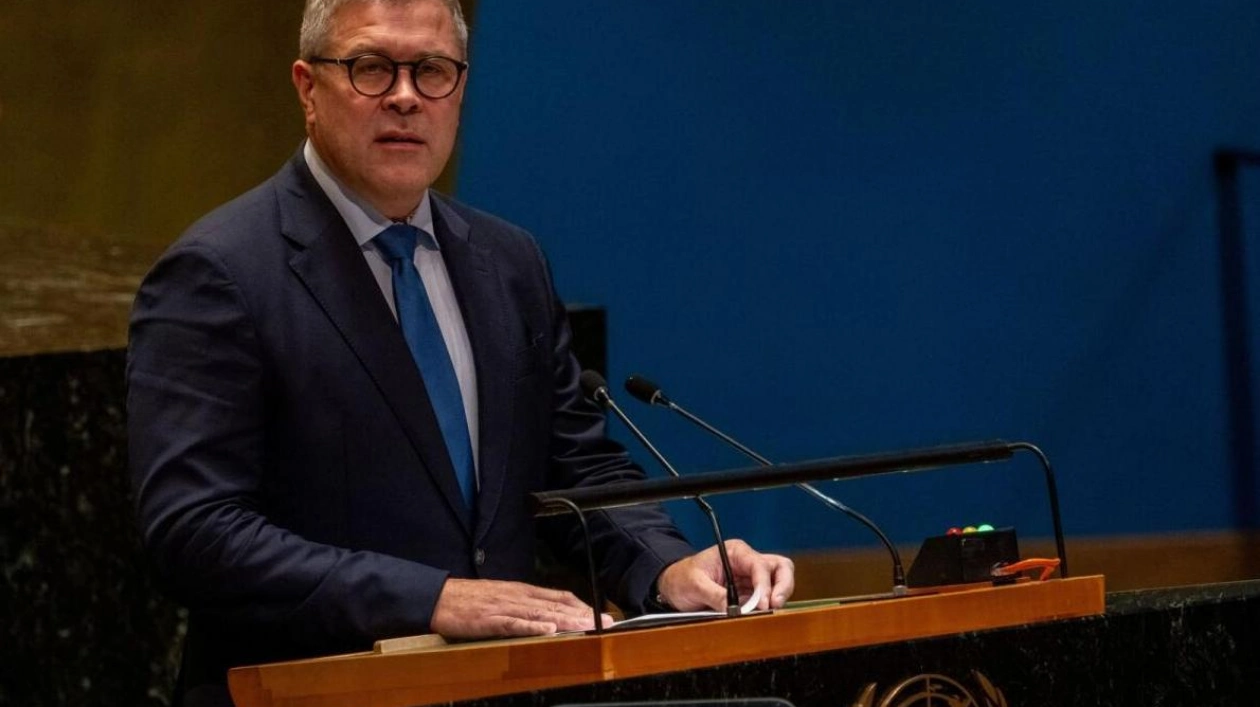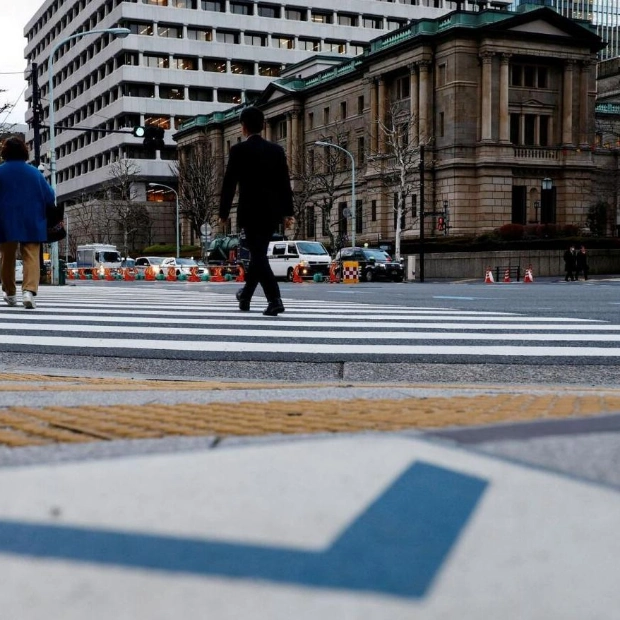Iceland's three-party coalition government, led by Prime Minister Bjarni Benediktsson, collapsed on Sunday due to significant policy disagreements. Benediktsson, who heads the conservative Independence Party, announced that new elections will be held in November. The coalition, comprising the Independence Party, the Left-Green Movement, and the centre-right Progressive Party, faced mounting tensions over issues such as foreign policy, asylum seekers, and energy.
Benediktsson emphasized the differing visions of the future between his party and the Left-Green Movement, stating that these differences were not adequately addressed in the last election. He stressed the importance of a unified vision for the government, expressing disappointment when projects fail or circumstances change. On Monday, he plans to meet with Iceland's President Halla Tomasdottir to propose the dissolution of parliament and the scheduling of parliamentary elections for the end of November.
Benediktsson, a seasoned politician who has previously served as finance minister, foreign minister, and prime minister, has strong support from his party and intends to run in the upcoming election. A recent Gallup poll indicated that the coalition government's support has plummeted to just 24.6%, the lowest recorded for an Icelandic government in 30 years. The combined support of the three parties was surpassed by the Social Democrats, who garnered 26.1% of voter support.
Benediktsson assumed the role of prime minister in April 2024 after Katrin Jakobsdottir of the Left-Green Movement resigned to run for the presidency, a bid she did not win. The coalition was re-elected in 2021, securing 38 of the 63 seats in parliament, an increase from the 33 seats they held since the 2017 election. However, the Left-Green Movement saw a decline, losing three seats to hold only eight, while its right-wing partners performed strongly.






